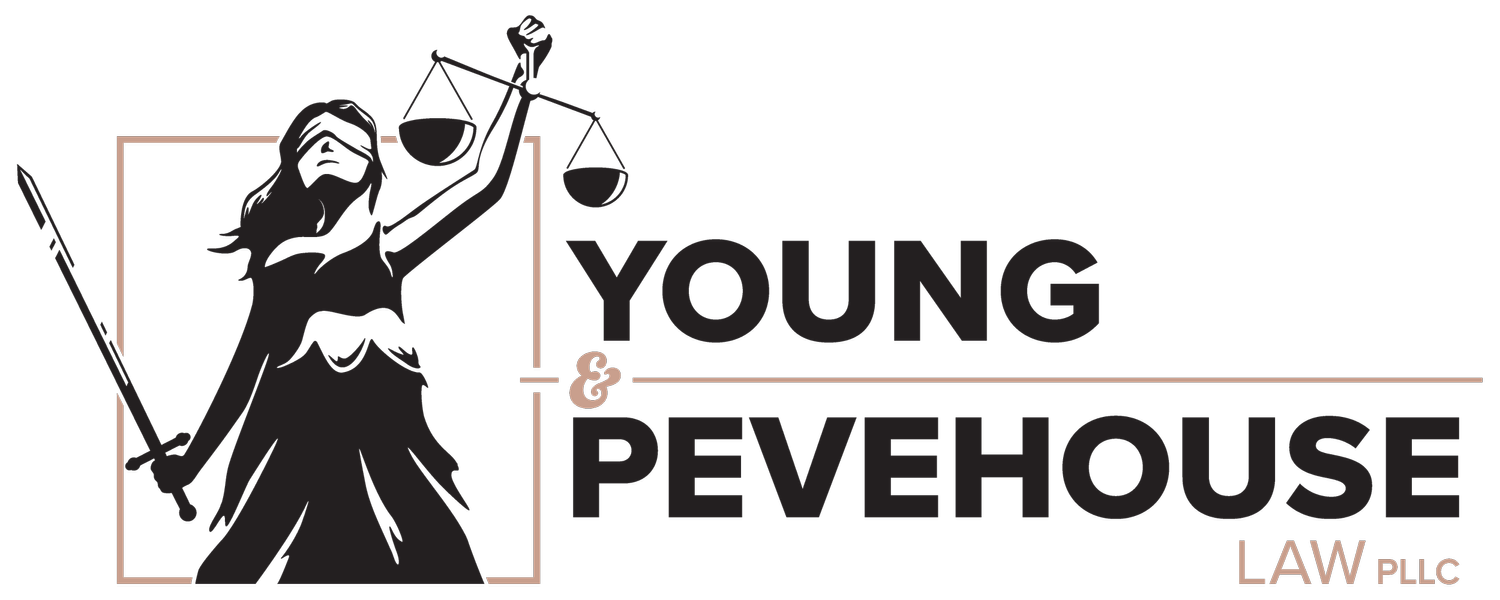Guiding You Through the Legal Maze: The Importance of Legal Representation in Divorce
1. Choosing the Right Attorney: Factors to Consider
Selecting the right attorney is a critical decision that can significantly impact the outcome of your divorce. Consider the following factors when choosing legal representation:
Experience: Look for an attorney with experience in family law and divorce cases.
Communication: Ensure your attorney communicates effectively and keeps you informed.
Compatibility: A good attorney-client relationship is built on trust and understanding.
Meeting with potential attorneys for consultations can help you assess their suitability for your specific needs.
2. Legal Rights and Responsibilities: Understanding Your Position
Understanding your rights and responsibilities throughout the divorce process is empowering. Your attorney will guide you on issues such as property division, alimony, child custody, and support. Being informed allows you to make decisions aligned with your best interests and the well-being of your children.
3. Mediation and Alternative Dispute Resolution: Exploring Options
Not all divorces need to be contentious court battles. Mediation and alternative dispute resolution methods offer cooperative approaches to resolving conflicts. These methods can be less adversarial, more cost-effective, and often result in more satisfactory outcomes for both parties.
Choosing the right dispute resolution method depends on your unique circumstances, and your attorney can provide guidance on the most suitable approach.
As we conclude our series, we hope the information provided has been valuable in guiding you through the multifaceted aspects of divorce. The right legal representation can make a substantial difference in the outcome of your case. Remember, you don't have to face the challenges of divorce alone. Seek the support and guidance of experienced legal professionals who can advocate for your rights and help you navigate this transformative process.

